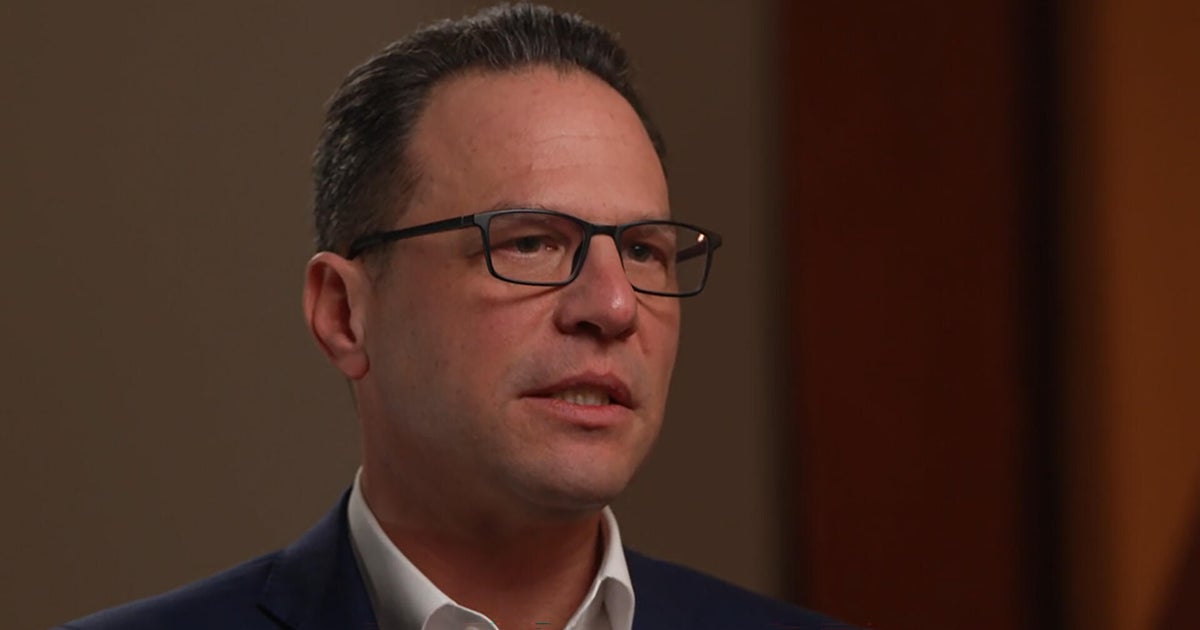Deal reached in more than 870 lawsuits against Sterigenics, parent company says
CHICAGO (CBS) -- A deal has been reached in the nearly 900 lawsuits filed in Cook County against Sterigenics in Willowbrook – in which the plaintiffs claiming the company poisoned them.
Sterigenics parent company Sotera Health released a statement Monday evening. The medical supply sterilization company said it is agreeing to pay $408 million to settle the claims in more than 870 cases pending in Cook County.
The company's statement maintained that its Willowbrook operation was not a safety risk to the area.
"The agreements provide a pathway to comprehensively resolve the claims pending against Sterigenics and Sotera Health LLC in Illinois and thereby enable the Company to focus its full attention on operating the business, serving our customers and delivering on our mission of Safeguarding Global Health. Sterigenics maintains that its Willowbrook operations did not pose a safety risk to the community in which it operated and believes the evidence and science ultimately would have compelled the rejection of the plaintiffs' claims, as occurred in the Teresa Fornek trial. However, years of biased media coverage in the greater Chicago area, the significant costs of posting a large bond in support of the appeal of the Kamuda verdict and the time and expense that would have been required to continue to contest hundreds of additional lawsuits through a multi[1]year process in the Illinois court system led us to conclude that resolving the pending Willowbrook EO cases would be in the best interest of the Company and its stakeholders. As we have done consistently throughout our history, we will continue to operate our facilities in compliance with applicable rules and regulations and best industry practices to ensure the safety of our employees, the communities in which we operate and patients around the world."
CBS 2 Investigator Dave Savini spent years exposing problems at Sterigenics. He uncovered documents from the Environmental Protection Agency and broke the story of former company whistleblowers.
The whistleblowers told Savini that Sterigenics released more cancer-causing chemicals than the company reported to the EPA.
When we started investigating the Willowbrook Sterigenics plant five years ago, we had no idea the extent of what we would soon uncover. Ethylene oxide is a cancer-causing substance, and it was used by Sterigenics to sterilize medical equipment for hospitals around the world.
It is a big business built on a dangerous chemical that made the process of sterilizing medical supplies fast and efficient – but at what price?
We told the stories of families with loved ones battling cancer. Some have since died.
Quickly, the EPA halted operations at the plant, and eventually, a new law was passed. That law created strict emission limits on ethylene oxide.
It was named after Matt Haller, who died of stomach cancer at the age of 45 before his day in court.
Eventually, Sterigenics shut down its Willowbrook operation. But it still operates in other states and countries.
The settlement agreement will put to an end most of the civil suits against the company, but there will be a lot of work ahead on just figuring out how much each person in the lawsuit will be given.
Savini is told there is a working plan to calculate each case based on several factors – including how close a person lived to the plant and for how many years, as well as the kind of cancer, the age of the victim, and economic damages like if they had to quit their jobs.
And of course, there are death cases like that of Haller – who left a young family behind. This could take months to figure out. Some may get millions, some much less.
Attorneys for the plaintiffs have yet to comment to CBS 2 on this development.
In September of last year, a Cook County jury awarded $363 million to Sue Kamuda, finding Sterigenics liable for her cancer.
But in November, a jury ruled against another plaintiff, Teresa Fornek, determining Sterigenics wasn't to blame and does not owe her any damages.
By making this deal, the company avoids going bankrupt in the long run – and it is sort of a win for the victims, because any future verdicts against the company could certainly be delayed by years of appeals. By settling now, there is at least a pot of money to share.







